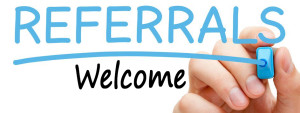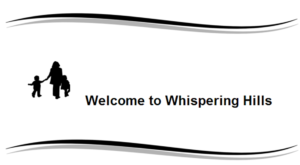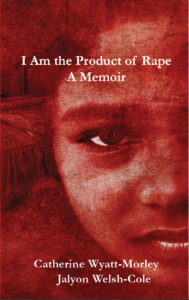Skip to content


What is Human Trafficking?
Human trafficking is a form of modern-day slavery where people profit from the control and exploitation of others. As defined under U.S. federal law, victims of human trafficking include children involved in the sex trade, adults age 18 or over who are coerced or deceived into commercial sex acts, and anyone forced into different forms of “labor or services,” such as domestic workers held in a home, or farm-workers forced to labor against their will. The factors that each of these situations have in common are elements of force, fraud, or coercion that are used to control people. Then, that control is tied to inducing someone into commercial sex acts, or labor or services. Numerous people in the field have summed up the concept of human trafficking as “compelled service.” Every year, human traffickers generate billions of dollars in profits by victimizing millions of people around the world, and here in the United States. Human trafficking is considered to be one of the fastest growing criminal industries in the world.
Who are the Victims?
There is not a consistent type or profile of a trafficking victim. Based on U.S. federal law, trafficked persons in the U.S. can be men or women, adults or children, and foreign nationals or U.S. citizens. Some are well-educated, while others have no formal education. Some immigrant victims are currently in the U.S. legally, and others are undocumented. Some form of vulnerability tends to be the common thread amongst all different trafficking victims.
Who are the Facilitators?
The support structure for the trafficking industry includes both criminal and noncriminal businesses and practices that facilitate human trafficking. This support structure is essential to the trafficking networks, often providing advertising, transportation, financial services, and spaces in which they operate. Facilitators may also help hide human trafficking crimes from authorities and increase the risk or difficulty for a potential victim to reach out for help. Because facilitators are rarely, if ever, prosecuted, they frequently perceive a low sense of risk for their linkages to human trafficking operations.

Common facilitators on which traffickers frequently rely include:
-
Hotels and Motels
-
Landlords
-
Labor brokers
-
Taxi and other driving services
-
Airlines, bus, and rail companies
-
Advertisers
-Online websites like Craigslist.com and Backpage.com
-Phone books
-Alternative Newspapers (and some mainstream newspapers)
-
Banks and other financial services companies
In some cases, businesses are aware of their involvement in trafficking, and the profits they generate outweigh reservations they may have about their role. In other cases, businesses are unaware and find it difficult to know which of their customers are human traffickers.
National Human Trafficking Resource Center
1 (888) 373-7888
SMS: 233733 (Text “HELP” or “INFO”)
Hours: 24 hours, 7 days a week
Languages: English, Spanish and 200 more languages










One thought on “Human Trafficking”
Amy L BoydPosted on 6:44 pm - Oct 11, 2015
Check out a movie selection, The Whistleblower”. This movie with Vanessa Redgrave and crew reveals trafficking at the highest and lowest levels
.
SharonPosted on 10:00 am - Dec 21, 2015
I think that is among the such a lot important information for me.
And i’m happy reading your article. But wanna commentary on some normal things, The website style is great, the articles
is in point of fact excellent : D. Good process, cheers
Human trafficking | kaitlynharmanPosted on 3:01 pm - Dec 7, 2016
[…] https://educatingwomen.org/get-informed/human-trafficking/ […]
Human Trafficking – Pain To PowerPosted on 10:23 pm - Jan 8, 2017
[…] https://educatingwomen.org/get-informed/human-trafficking/ Human trafficking is basically modern day slavery, it ranges from sexual slavery to forced labor to even organ trafficking and many more. It’s a problem that affects our society as a whole, and it isn’t just in foreign countries, it’s everywhere. There are approximately 20 million to 30 million slaves in the world today. […] […]